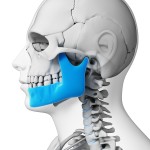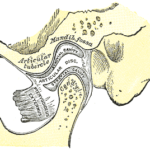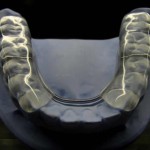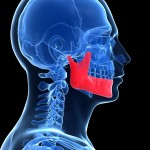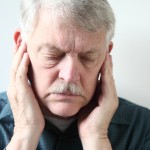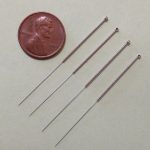
This review of the effectiveness and safety of acupuncture in treating temporomandibular joint disorders (TMD) included 32 RCTs. The findings suggest potential benefits for acupuncture compared with both active and inactive controls. However none of the studies were at low risk of bias and the certainty of the evidence was rated as very low to low. Consequently the findings should be interpreted cautiously.
[read the full story...]